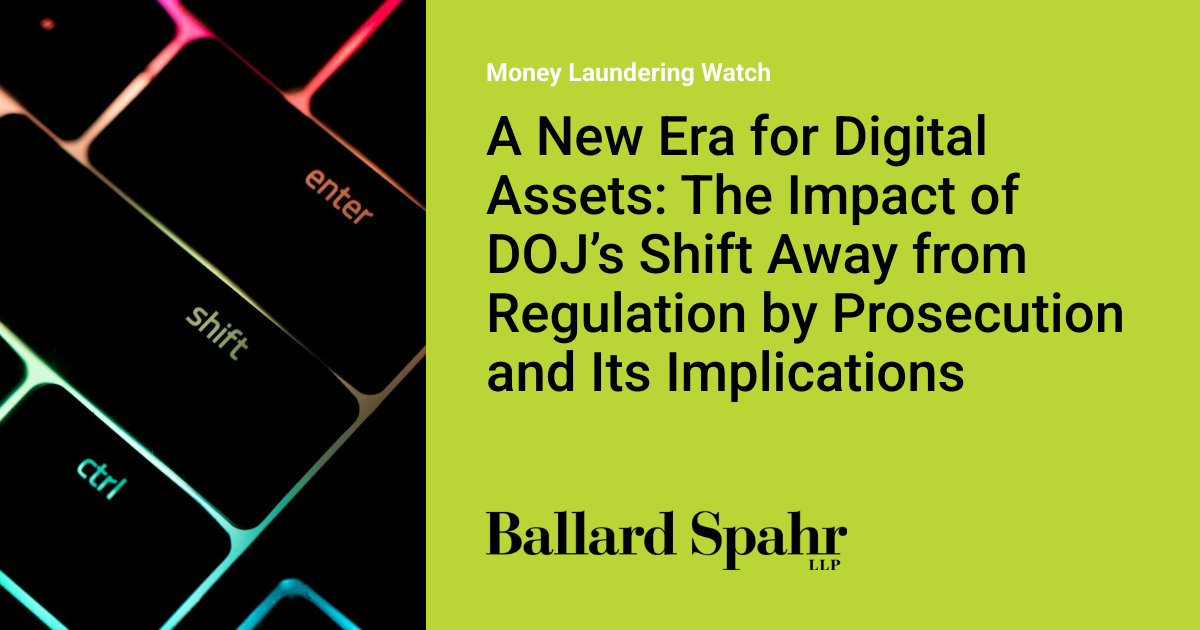U.S. Department of Justice Declares 'Shipping Code is Not a Crime' for Open-Source and Crypto Developers

The U.S. Department of Justice (DOJ) has issued a significant clarification regarding its enforcement approach to digital asset and open-source developers, stating that "merely writing code without ill intent is not a crime." This emphatic declaration was made by Matthew J. Galeotti, Acting Assistant Attorney General of the DOJ's Criminal Division, at the American Innovation Project Summit in Jackson, Wyoming, on Thursday. The statement aims to alleviate uncertainty that has long clouded the crypto and open-source development communities in the United States.
Galeotti emphasized that the DOJ will not use federal criminal statutes to create new regulatory regimes for the digital asset industry. He clarified that developers of "neutral tools" should not be held responsible for the misuse of their creations by third parties, provided there is no specific criminal intent. This position reinforces the department's commitment to prosecute those who knowingly commit or aid crimes like fraud, money laundering, or sanctions evasion, rather than targeting well-intentioned innovators.
The announcement comes weeks after the conviction of Roman Storm, co-founder of Tornado Cash, on charges of conspiracy to operate an unlicensed money transmitting business. Galeotti indicated that future charges under 18 U.S.C. § 1960 would not be approved against third parties if the software is "truly decentralized," solely automates peer-to-peer transactions, and does not involve third-party custody or control of user assets. This suggests a potential shift in how similar cases might be approached going forward.
The DOJ's stance was met with a mix of relief and cautious optimism within the crypto community. Katie Biber, Chief Legal Officer at Paradigm, articulated the sentiment on social media, stating: > "For too long, crypto and open source developers in the US have been living under a cloud of doubt. That uncertainty ends today, with an emphatic statement from the DOJ that shipping code is not a crime." Other experts, like Peter Van Valkenburgh of Coin Center, noted that while positive, the policy is still discretionary and the "criminal intent" caveat leaves room for interpretation.
This recent clarification builds upon the DOJ's April 2025 "Blanche Memo," which signaled an end to "regulation by prosecution" in the digital asset space. The department aims to provide clearer boundaries for innovators, ensuring they are not left guessing about potential criminal prosecution. While the focus remains on prosecuting actual criminal conduct, the emphasis is now on intent and control rather than merely the creation of code.
The policy shift underscores ongoing efforts to establish a more defined legal framework for digital assets in the U.S. Advocacy groups continue to push for legislative clarity, such as through the Blockchain Regulatory Certainty Act, to provide stronger protections for developers. The DOJ's statement is seen as a step towards fostering innovation while maintaining a robust stance against illicit financial activities within the evolving digital economy.